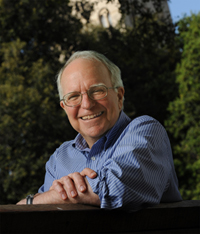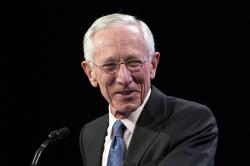The Brookings Institution is committed to quality, independence, and impact.
We are supported by a diverse array of funders. In line with our values and policies, each Brookings publication represents the sole views of its author(s).

Research
BPEA | 1988 No. 1


1988, No. 1
THE PAST TWO DECADES have witnessed intense competition among
theories attempting to explain macroeconomic behavior. Alternative
theories have made claims with respect both to the purity of their
methodology and to their ability to explain the “facts.” This paper
reviews the ability of three of the major competitors-new classical,
traditional Keynesian, and what we call new Keynesian theories-to
explain what we take to be the most important stylized facts. Our
perspective is unabashedly biased: we believe that new Keynesian
theories-particularly those focusing on the consequences of imperfections
in the capital, goods, and labor markets arising from imperfect and
costly information-provide the best available explanation.